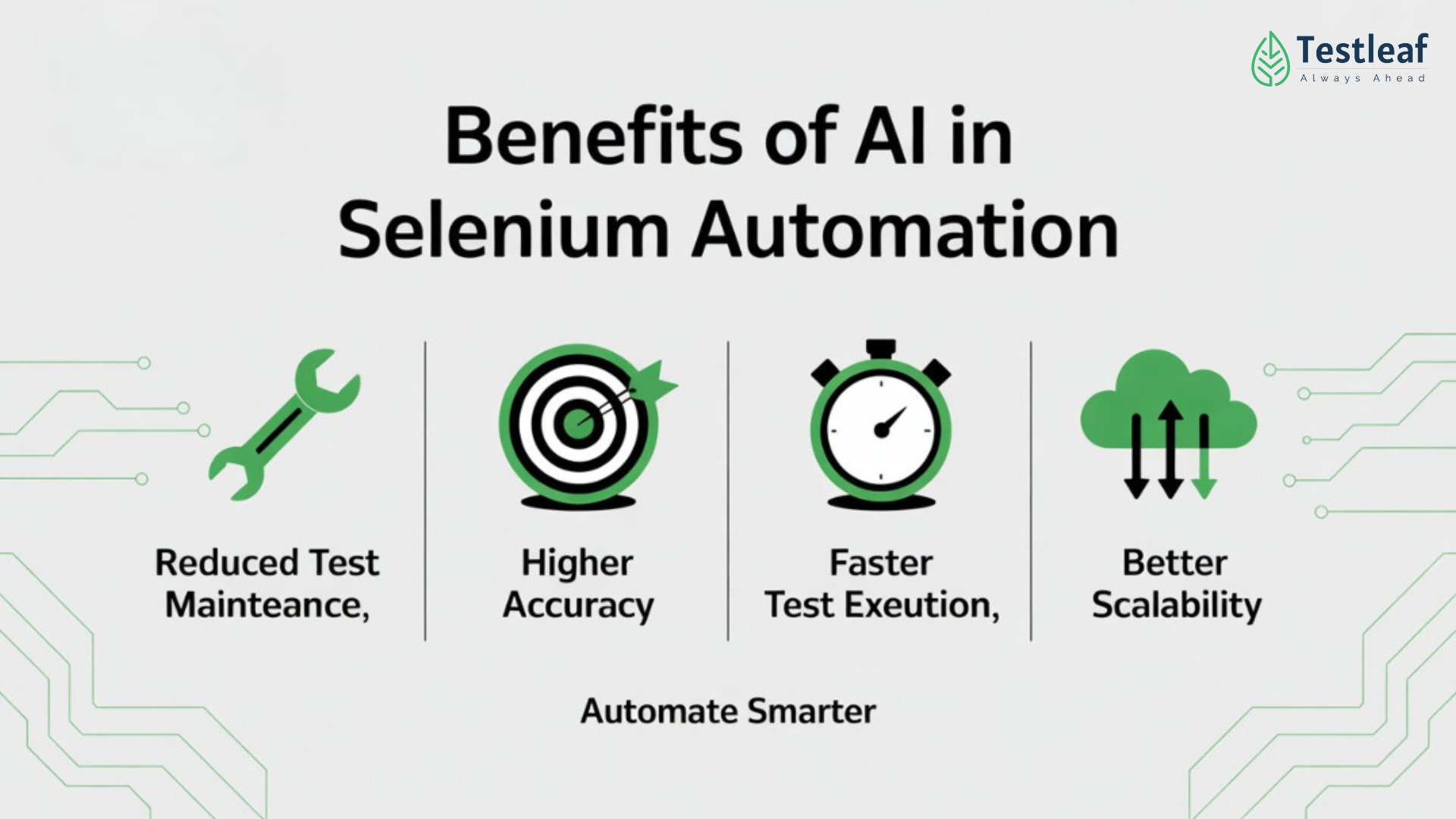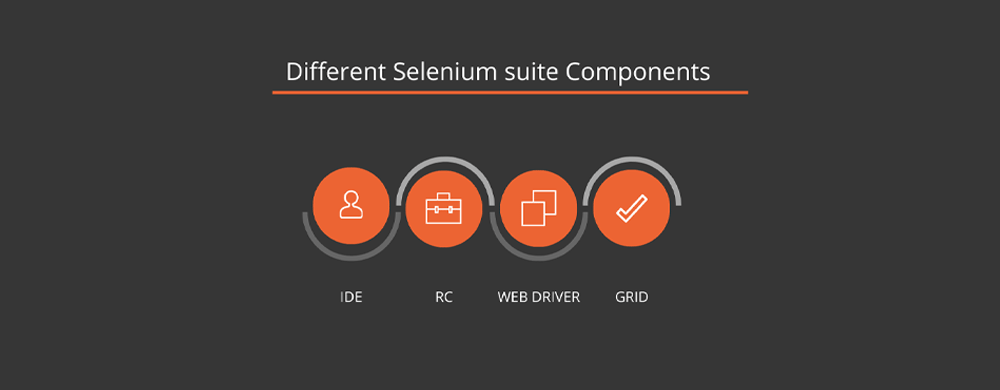In the world of software testing, Selenium has always been one of the most trusted tools for automating web applications. From small startups to large enterprises, testers rely on Selenium to ensure smooth functionality and a seamless user experience. However, as web applications become more dynamic and complex, one major challenge has emerged—element location. Identifying and interacting with web elements consistently is harder than ever.
This is where AI-powered element locators are stepping in, reshaping the future of Selenium automation. But are they really the next big thing in testing? Let’s explore.
Why Traditional Locators Struggle
Selenium relies on locators like XPath, CSS selectors, ID, and class names to identify web elements. While these methods work, they are often fragile:
- A small change in the HTML structure can break your test.
- Dynamic elements (like generated IDs) make writing reliable locators difficult.
- Tests become unstable and require constant maintenance.
For anyone taking a Selenium Automation Course, this is one of the first roadblocks they face—keeping test scripts reliable while the application evolves.
Popular Articles: automation testing interview questions
Enter AI-Powered Locators
Artificial Intelligence is now being used to make element identification smarter and more resilient. Instead of relying only on static attributes, AI analyzes multiple signals such as:
- Element patterns and visual clues
- DOM changes over time
- User interaction history
This means even if the structure of the webpage changes, AI can still “guess” the right element to interact with. For testers, this translates into fewer broken scripts and more time saved on test maintenance.
Benefits of AI in Selenium Automation

Adopting AI-powered element locators brings several advantages:
- Reduced Test Maintenance – No need to constantly update locators after every UI change.
- Higher Accuracy – AI learns patterns and improves over time, reducing false failures.
- Faster Test Execution – With smarter identification, tests run more smoothly.
- Better Scalability – Teams can confidently scale automation across large projects.
For professionals enrolling in a Selenium Online Course, learning about these AI advancements can give them an edge in the job market, as companies increasingly look for future-ready automation skills.
The Role of Training & Upskilling
While AI makes automation easier, testers still need strong fundamentals in Selenium. Understanding locators, XPath strategies, and framework design are essential before leveraging AI features.
One useful tip here is to master the basics first. If you are confident with traditional Selenium locators, you’ll be in a much better position to understand how AI enhances them. Many working professionals choose Selenium Training in Chennai for this reason, as such programs balance the fundamentals with exposure to modern tools.
Another smart approach is to experiment with AI-powered plugins and cloud testing platforms during practice. Instead of just reading about AI features, trying them out on real projects gives you a deeper, practical perspective.
Is AI the Future of Selenium Automation?
The short answer: yes, but not as a replacement. AI is not here to eliminate traditional locators—it is here to enhance them. Testers who know the basics and also embrace AI-powered approaches will stay ahead of the curve.
As automation continues to evolve, testers will spend less time fixing broken scripts and more time adding business value—designing meaningful test strategies, analyzing results, and improving product quality.
Final Thoughts
AI-powered element locators are not just a trend—they are a step toward making Selenium automation smarter, faster, and more reliable. For anyone building a career in automation testing, now is the right time to learn, adapt, and upskill. Whether through a Selenium Automation Course or practical Selenium Training in Chennai, embracing both core concepts and AI-driven innovations will shape you into a future-ready tester.
FAQs
Q1. What are AI-powered element locators in Selenium?
AI-powered locators use machine learning and pattern recognition to identify web elements more reliably, even when HTML structure changes.
Q2. Why are traditional Selenium locators fragile?
Traditional locators like XPath or CSS often break when web elements change. This increases test maintenance and makes automation scripts unstable.
Q3. How do AI-powered locators improve Selenium automation?
They reduce test flakiness, adapt to DOM changes, improve accuracy, and save time by minimizing script maintenance.
Q4. Do AI-powered locators replace traditional Selenium locators?
No. They complement traditional locators by adding resilience. Testers still need strong fundamentals in XPath, CSS, and framework design.
Q5. How can I learn AI-powered Selenium automation?
You can explore AI features in cloud testing platforms and enroll in structured programs such as a Selenium Automation Course or Selenium Training in Chennai to master both basics and AI-driven innovations.
We Also Provide Training In:
- Advanced Selenium Training
- Playwright Training
- Gen AI Training
- AWS Training
- REST API Training
- Full Stack Training
- Appium Training
- DevOps Training
- JMeter Performance Training
Author’s Bio:

As CEO of TestLeaf, I’m dedicated to transforming software testing by empowering individuals with real-world skills and advanced technology. With 24+ years in software engineering, I lead our mission to shape local talent into global software professionals. Join us in redefining the future of test engineering and making a lasting impact in the tech world.
Babu Manickam
CEO – Testleaf








